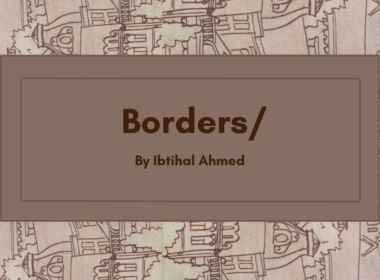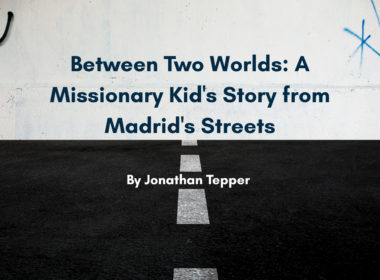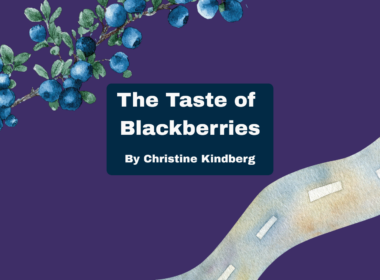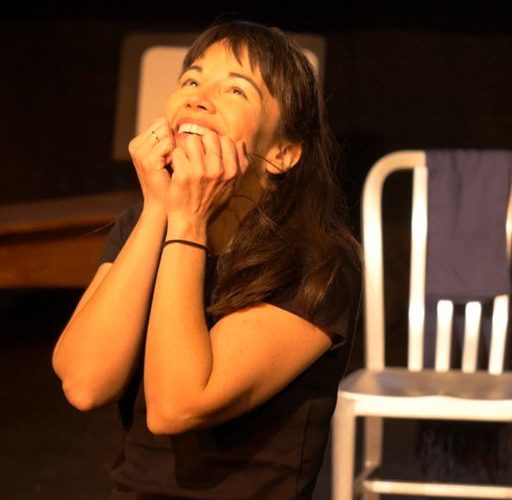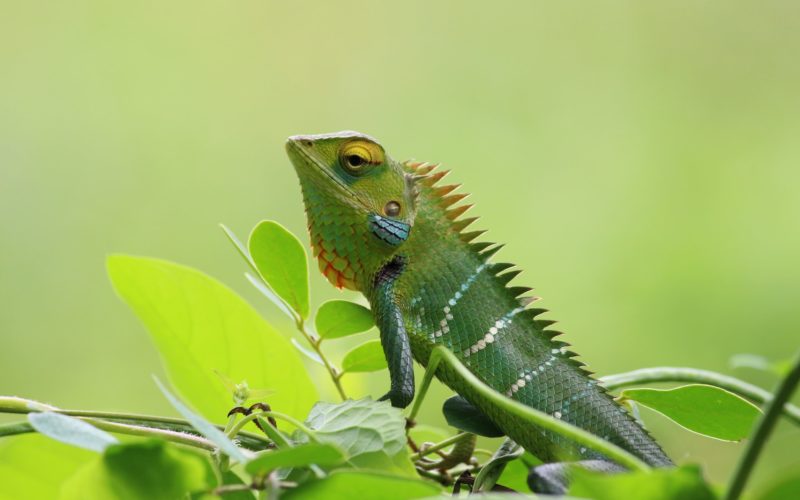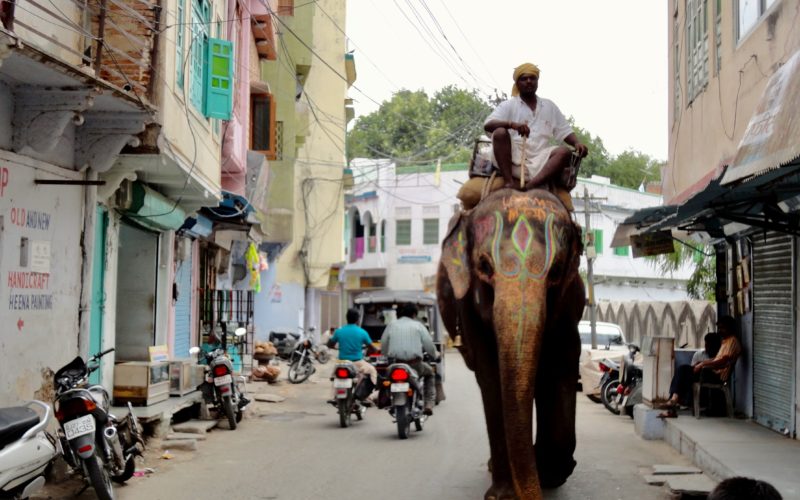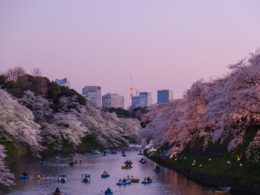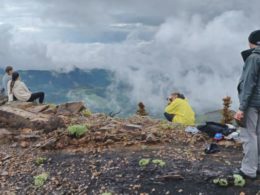By Danau Tanu
Alien Citizen: An Earth Odyssey an anthem for those who grow up internationally, but its genius has thus far escaped the attention of the international school community. Elizabeth Liang’s gripping film and performance is a godsend for international educators grappling to find creative ways to address difficult, complex issues relating to racism and inequalities that speak to both children and adults.
Written and produced by Liang, Alien Citizen opens with a booming voice taunting her on stage to answer the unanswerable questions that third culture kids and mixed-race children often hear: “Where are you from? … What are you?” It then follows Liang’s childhood of moving internationally with her “Guate”-Chinese-Irish European-hodgepodge-American family, partly to escape the civil war in Guatemala in the 1970s at first, and then later as a “business brat” when Xerox posted her father up, down, and across the Atlantic Ocean.
Liang—the sole actor in Alien Citizen—seamlessly switches from one character to another as she humorously unearths a hoard of deep-seated pain that many children experience but have no words with which to express. After moving to Fairfield County in Connecticut, USA, she notices that “Nobody on TV looks like me, except maybe Spock on the Star Trek reruns!” Just as Liang is feeling culturally displaced and needing a sense of belonging, she begins losing her Spanish, the language that connected her to her father’s large and loving extended family in Guatemala.
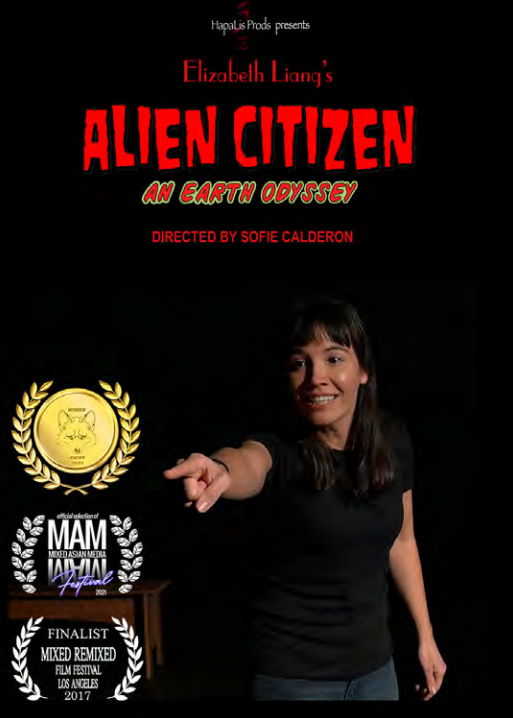
But she does not stop there. Liang deftly places those same issues that have been covered myriad times in expat memoirs squarely in the middle of a world riddled with social inequalities spanning across centuries. Liang spares no one from critique, not even herself.
In a poignant scene, after trying and failing to speak Spanish to their housekeeper, five-year-old Liang takes a broom in an attempt to hit their housekeeper, Filomena, while her older brother tries to stop her. My own doctoral research shows that when children are overwhelmed by language barriers, they sometimes express it in ways that look like the behavioural problems of a spoiled, privileged brat, such as by punching their classmate or yelling “Shut up!” at their teacher (Tanu, 2018).
It is not lost on the adult Liang that “Filomena left her home in the highlands of Guatemala” out of poverty to take care of her privileged family in “the coldest, unfriendliest town in New England.” Later, Liang alludes back to Filomena as she makes fun of her beloved Chinese Guatemalan family elders who were horrified by the dark tan she had picked up from playing in the sun at her next home in Panama because they were “obsessed” by anti-indigenous colorism (see Knight, 2015).
Liang’s brilliance lies in her ability to convey the child’s deep sense of loss at the exact same time she exposes the absurdity of the prejudice borne out of vast global inequalities. While many with similar international childhoods to hers struggle to go beyond addressing identity or transition issues in generic terms, it is not so for Liang, who is far too talented and fiercely honest for such a myopic focus.
A teenage Liang realises how tender she feels towards Egypt when she witnesses a group of Egyptian boys playing soccer appearing helpless in the face of one European boy taunting them with “fake Arabic.” Liang delicately addresses the ambivalent feelings that emerge when social class hinders a child’s desire to build meaningful relationships with the local community.
In high school, Liang becomes “excellent friends” with Hamed, a local student who does not “speak any language without a foreign accent”—not even Arabic, thanks to his international schooling— and seems out of place in Egypt despite having never lived anywhere else. According to the psychologist Dr. Doug Ota, “stayers” are often forgotten by school transition programs even though they are repeatedly left behind by “expat” classmates who come and go as though through a revolving door (2014).
The goofy Hamed became my favourite character even though the Grease-loving Liang (Grease, the film) won’t dance with him at a school dance because he is not “cool”—never mind the fact that the teenaged Liang was just as awkward— because… high school is high school. Be prepared to cry and laugh (hard) at the same time.
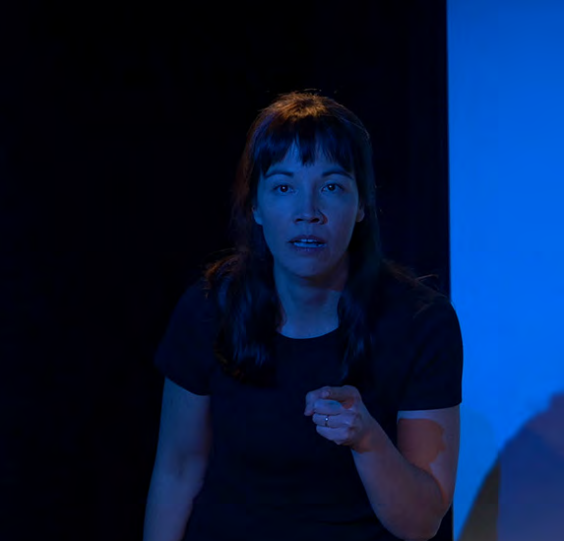
In all this, Liang never loses sight of the child bewildered by the constantly changing world around her. As she takes the audience with her from Guatemala to Costa Rica, the US, Panama, Morocco, and Egypt, we see a young child gradually shut down from “transition fatigue” as she turns into a teenager in her sixth country. All the while, her adolescent body is subjected to regular sexual harassment that she could neither fend off nor comprehend at that age. Covering everything from mobility, identity confusion, racism, class prejudice, and sexism to eating disorders, Liang distills the essence of these difficult and deeply personal experiences and presents them in a manner no scholar possibly could. And she does it with superb comic timing.
The film is a dynamic viewing experience thanks to director Sofie Calderon and editor Daniel Lawrence. Shot at different angles in front of a live audience, the energy of the performance and the editorial pacing are top notch. Audio effects enhance the atmospheric storytelling while visual effects add welcome texture, with scenes changing to the sound of a Xerox photocopy machine.
What’s more, because Liang is a master storyteller of childhood emotions, international school students will instinctively pick up on the complex issues more than you might anticipate. In fact, Alien Citizen gives voice to what these students already know but are rarely invited to talk about. Indeed, it is a film that you “feel” as much as you see.
It was a crisp evening in March 2014 near Washington D.C. when I reluctantly dragged my jet-lagged body to the hotel ballroom of the Families in Global Transition conference to watch a live performance of Alien Citizen for the first time. I had initially thought, “What can one woman in a black T-shirt and jeans possibly do on a near-empty stage?” I entered late and slumped into my chair.
But by the time the stage lights faded on Liang to signal the end, a third of the 142 attendees were bawling out our eyes.
“It hit you hard, huh?” It was the American international school educator who had been sitting next to me. He looked amused. I was a dripping wreck of snot while he looked curiously as fresh as when he first sat down. So, I glanced around. The ones sobbing seemed mostly to be those who identified as having spent their childhoods “growing up among worlds.”
It was the first time we had heard our stories told with such compassion and brutal honesty.
*This review was first published in the EARCOS
About the Film
Alien Citizen: An Earth Odyssey is available on DVD and digital streaming in Individual (home use) and Institutional versions: www.aliencitizensoloshow. com. The DVD includes a Q&A with Elizabeth Liang and director Sofie Calderon, and interviews with Liang’s brother and parents. The Institutional DVD and Streaming License both include a digital toolkit with over 35 clips from the film, each followed by questions to promote learning and discussion.
References
Knight, D. (2015). What is colorism? Teaching Tolerance, Fall(51), 45-48. Retrieved from www.learningforjustice.org/magazine/fall-2015/whats colorism
Ota, D.W. (2014). Safe Passage: How Mobility Affects People and What International Schools Can Do About It. Stamford, Lincolnshire: Summertime Publishing. www.safepassage.nl/the-book
Pollock, D., Van Reken, R.E. & Pollock, M. (2017). Third Culture Kids: Growing Up Among Worlds (3rd ed.). Boston: Nicholas Brealey Publishing. (See also www.crossculturalkid.org)
Tanu, D. (2018). Growing Up in Transit: The Politics of Belonging at an International School. New York: Berghahn Books. www.berghahnbooks.com/title/ TanuGrowing
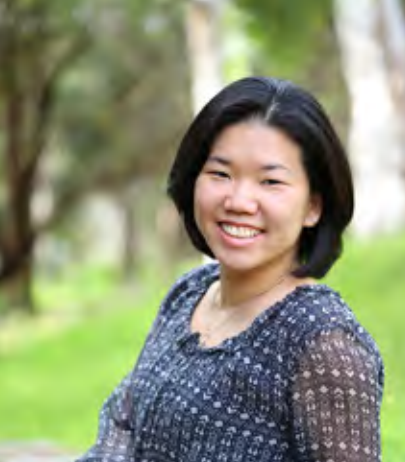
About the Author
Danau Tanu, PhD, is the author of Growing Up in Transit: The Politics of Belonging at an International School. She is currently in Tokyo as a Japan Foundation Research Fellow at the Waseda University Institute of Asia-Pacific Studies (WIAPS). Learn more about Danau’s work at www.danautanu.com or via Twitter/Instagram @danautanu.
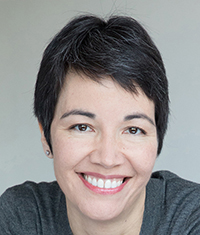
About Elizabeth Liang
Elizabeth Liang (aka Lisa) is an actress, writer, producer, speaker, and workshop leader. Her one woman show, Alien Citizen: An Earth Odyssey, toured internationally and is now an award-winning film. Lisa is an autobiographical storytelling workshop leader; published essayist; co-host of the longest-running podcast on the multiracial experience; bilingual actress on stage and screen; and keynote speaker on intercultural and intersectional storytelling. She grew up in Guatemala, Costa Rica, Panama, Morocco, Egypt, and Connecticut, and is a graduate of Wesleyan University.
Website: https://elizabethliang.com/HapaLis-Prods
Instagram: @hapalis
Facebook: https://www.facebook.com/AlienCitizenSoloShow/
Facebook: https://www.facebook.com/interculturalstorytelling
LinkedIn: https://www.linkedin.com/in/elizabeth liang-intercultural/


